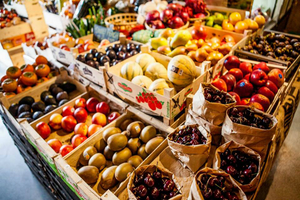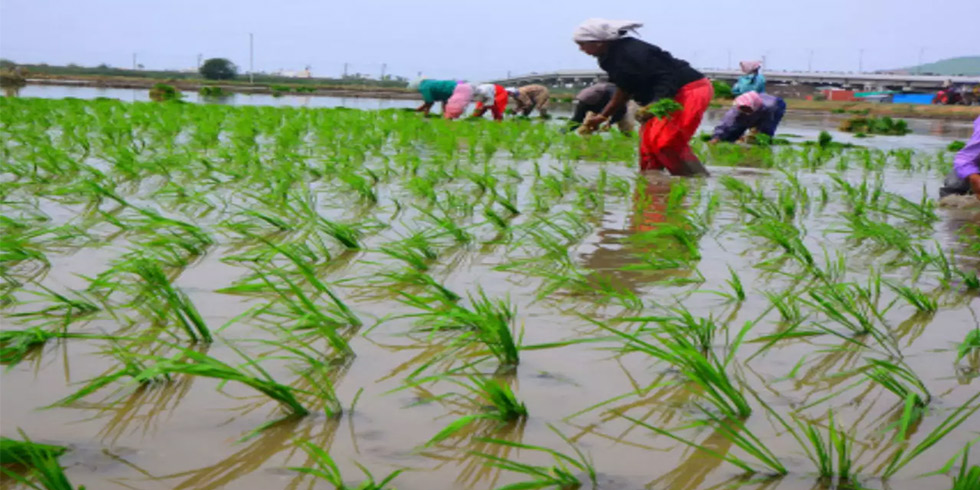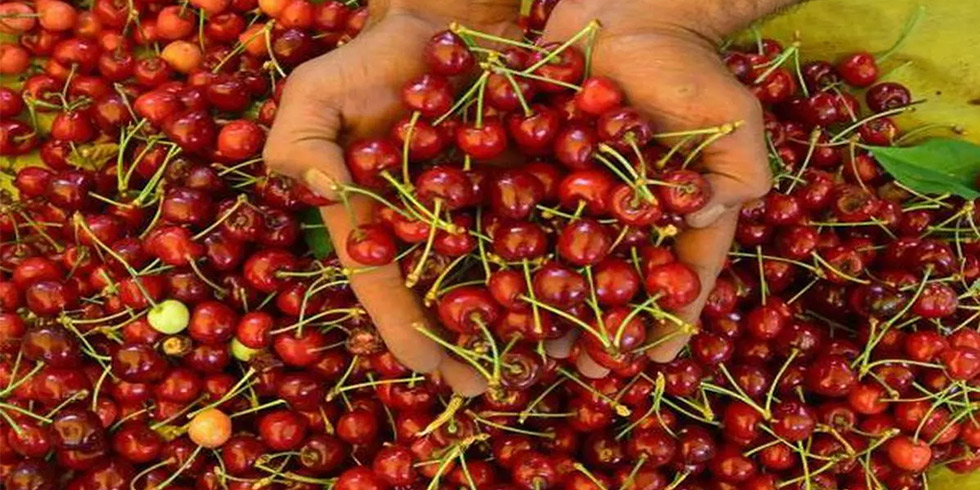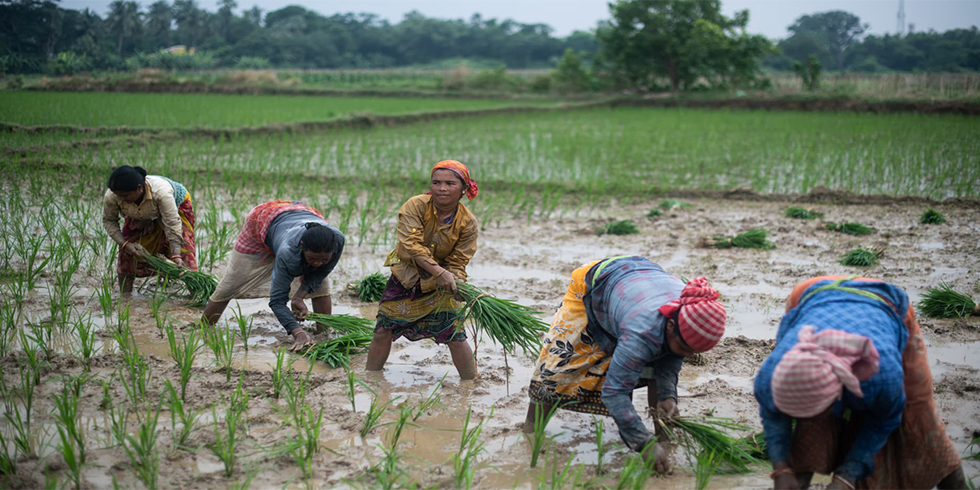Eight countries have signed export deals with India, Canada, the United States, Chile, South Korea, Ecuador, Malaysia, Taiwan, and Iran for agricultural exports and is scouting for more markets, as it seeks to liberalize trade in farm products and grow its farm exports.
The country has completed discussion on phytosanitary certification for Indian mangoes with Iran.
Phytosanitary certification is a formal declaration by an exporting country guaranteeing that shipments are plant diseases and free of pests, and meet the requirements of the importing country.
Similar deals have been signed with Taiwan, which will allow exports of Indian lily bulbs.
Canada has cleared Indian mangoes, grapes, pomegranate, banana, litchi, papaya, custard apple and okra for export. Chile has approved coconut fiber and walnut. Malaysia and South Korea too have agreed to buy Indian mangoes. Equador is the latest country to clear Indian rice.
According to a new farm export framework that’s in the works, the government is looking to moderate its strategy of placing frequent restrictions on agri-exports to tame domestic consumer prices.
The plan is to reduce commodity exports only in extreme situations and to boost farm income from trade. The government has promised to double farm incomes by 2022.
Radha Mohan Singh the Agriculture minister recently tweeted about increasing the value of agricultural exports to $100 billion by 2022-23. The Dalwai Committee Report on doubling farmers’ incomes also talks about freeing up farm exports.
India’s agricultural exports grew five times from about $8.7 billion in 2004-05 to $42.6 billion during 2013-14. This, however, fell to $33 billion in 2016-17. The country’s net exports (i.e. exports minus imports or the agricultural trade surplus) fell to $7.8 billion in 2016-17.
New export hubs for horticultural produce – fresh fruits and vegetables – are being opened in smaller cities as part of the strategy to provide direct global access to local farmers. SK Pattanayak the agriculture secretary said, “Trial shipments were recently sent from Guwahati and Varanasi.”
Shipments to Dubai from Varanasi contained chilli from Uttar Pradesh. Pineapples were sent from Guwahati and oranges from Meghalaya and Arunachal Pradesh. Both Varanasi and Guwahati now have complete infrastructure for exports, including phytosanitary certification.
An agriculture ministry official said, “The US has agreed to transfer requirements of pre-shipment inspection to Indian plant quarantine authorities starting in 2019. The US has also agreed to bear the cost of inspection of mango shipments by US personnel, which will bring down the cost of exports.








Add Comment